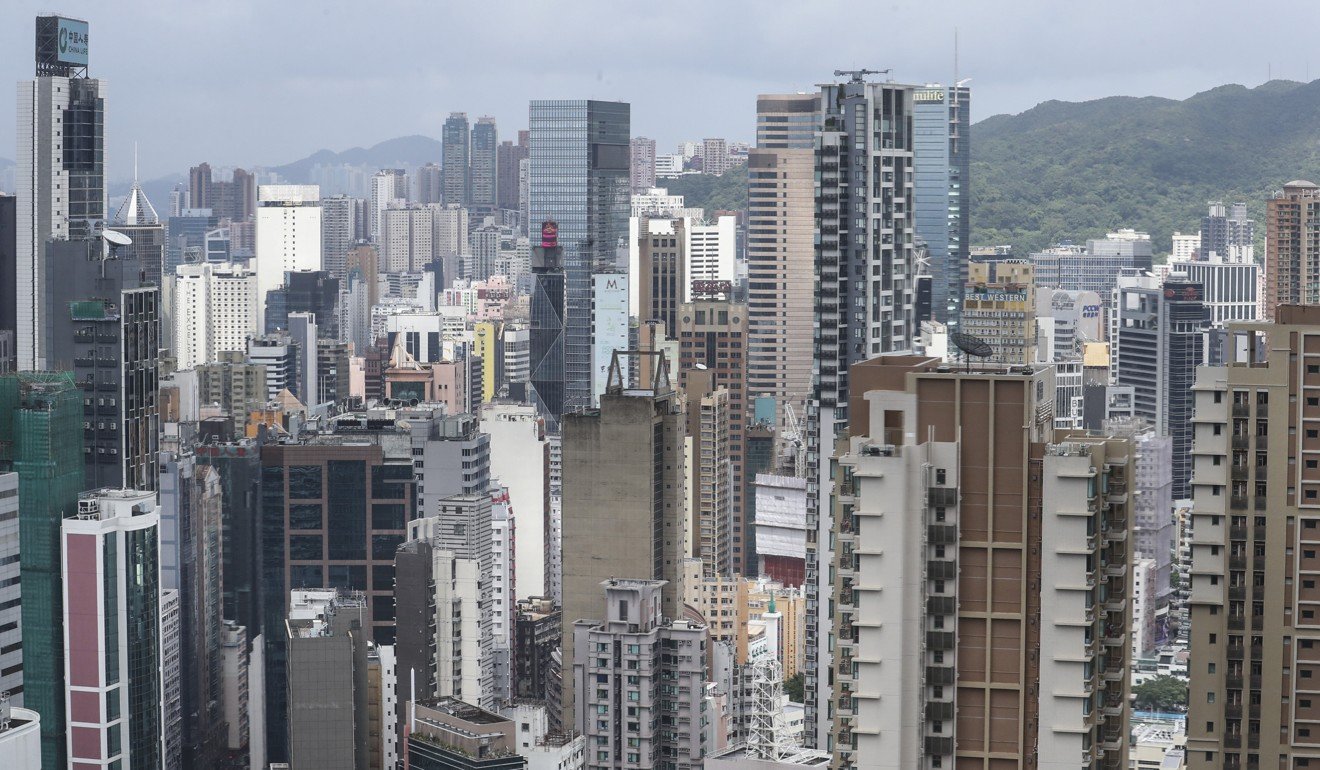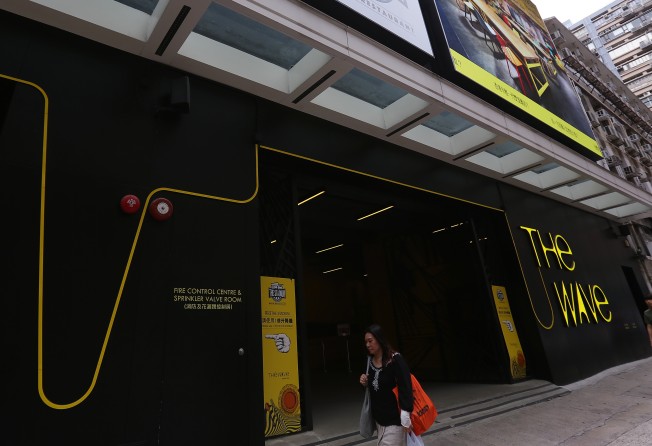
Chinese money targeting lower-grade Hong Kong commercial buildings in search for value
Investors see potential in upgrading older buildings into multiple retail and eating and drinking spaces, as well as in creating co-working spaces, as the price of prime office space soars out of reach

Mainland Chinese capital is shifting to lower-grade commercial buildings in Hong Kong as the prices of grade A offices become too expensive, seeking higher returns by redeveloping and updating older properties.
Investors see potential in so-called Ginza-style buildings, which house multiple outlets and restaurants on all floors, not just the ground, as well as in creating destinations built around a theme and in co-working spaces for entrepreneurs.
“Many mainland investors are still bullish on Hong Kong, but it’s impossible for them to afford grade A buildings at the moment, so they turn to second- and third-tier buildings to seek out value-added projects for high returns,” said Thomas Lam, senior director at Knight Frank.
Compared to an oversupply in office and retail spaces in many Chinese cities, second-tier commercial buildings in Hong Kong maintain a reasonable vacancy rate and moderate price growth, Lam said.
Mainland capital has been involved in four grade B office transactions above HK$100 million in the first six months of this year, compared to only one deal in the whole of 2016.
This has helped the value of grade B office transactions in Hong Kong rise 45 per cent in the first half to HK$8.7 billion, while the overall office investment market dropped, according to data from real estate consultancy CBRE.
The trend has no signs of cooling off. In July, Bank of China (Hong Kong)’s asset management arm completed the acquisition of three commercial buildings in the city – The Wave in Kwun Tong, East Point Centre in Quarry Bay and Thai Kong Building in Causeway Bay, for a total of HK$3.1 billion (US$396 million).
Elsewhere, media reports have said a mainland billionaire has made a bid for Kowloon City Plaza, owned by billionaire Francis Choi Chee-ming, founder of Early Light, the world’s biggest toymaker. The unnamed bidder values the property at HK$5 billion.
In June, China Resources Enterprise, a unit of state-owned China Resources, took over two commercial buildings in Sugar Street, Causeway Bay for HK$1.68 billion, adding to the company’s portfolio in the prime shopping district, which already includes a four-story venue leased to the karaoke chain CEO Neway in the same street.

Property agents said China Resources was very likely to convert the two properties into “Ginza-style” buildings for long-term investment.
“Rent is only around HK$20 to HK$30 per square foot per month for grade B or grade C buildings as tenants have a lot of similar choices in town. But it could surge to HK$40 to HK$50 per square foot if transformed into a special themed destination, for example food and drink outlets or shared working spaces,” said Stanley Wong, executive director of capital markets for CBRE Hong Kong.
Christina Ngai, senior portfolio manager at BOCHK Asset Management, said selecting investment targets is all about concepts, citing The Wave in Kwun Tong, which is a co-working space building that has just been redeveloped from an industrial one. The company also plans to turn East Point Centre in Quarry Bay into a pet-themed shopping destination.
She said many investors are upbeat about redevelopment projects as this follows the Hong Kong government’s push to have old buildings repurposed.
However, analysts noted that the commercial building market could be even more dynamic if it was not for restrictions on mainland firms moving money out.
The central government has increased controls over capital movements since November last year, and last month tightened things even further, saying investors would need special approval from Beijing to put their money in overseas property.